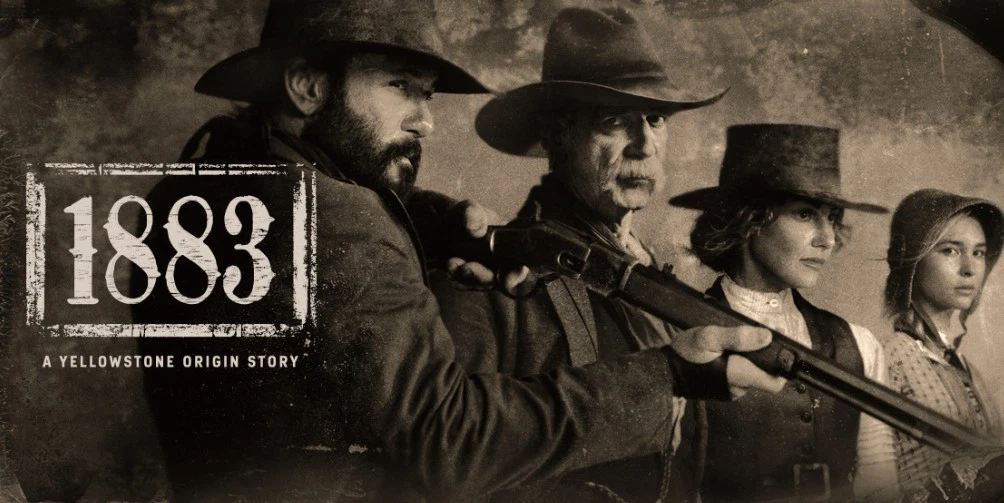Ever been handed the keys to a shimmering new gig and just… tossed them like yesterday’s coffee? That’s essentially what happened when Sam Elliott, the seasoned star of 1883, told Taylor Sheridan, No thanks, to Yellowstone.
And not out of arrogance, but out of pure, unfiltered artistic instinct. Back in 2022, Elliott confessed his disdain for Yellowstone on Marc Maron’s podcast. You’d think the prequel to this very show, 1883, would make him warm to the idea of its modern-day counterpart. After all, it’s the same universe, right?
Well, not quite!
Sam Elliott’s take on Taylor Sheridan’s Yellowstone

There’s something delightfully old-school about Sam Elliott. He’s the kind of actor who doesn’t just read a script; he sizes it up, gives it a slow nod (or a quicker grimace), and makes decisions with the same flinty resolve he brought to Shea Brennan in 1883. He confessed on WTF with Marc Maron:
I’m not a Yellowstone fan. I don’t watch Yellowstone.
Now let’s be honest: who doesn’t love Kevin Costner? Elliott said it himself:
I love [Kevin] Costner, there’s a lot of good people on the cast, a few of them I’ve worked with before—nothing against any of them—but it’s just too much like f*cking Dallas or something for me.
Yet he delivered that praise like a man complimenting a pie while trashing the bakery.
To Elliott, Yellowstone reeks of overdramatized ranchland theatrics—“too much like f*cking Dallas,” he sniffed. And he didn’t mean that with affectionate nostalgia. He meant backcombed hair, betrayal in every scene, and dialogue marinated in melodrama. For him, Yellowstone felt like a rhinestone-studded rodeo, whereas 1883 was a dust-covered, boots-on-the-ground epic. One is a TV drama, the other is sweat.
The offer Sam Elliott cordially rejected: Taylor Sheridan’s miss

Now here’s a juicy tidbit worth two shots of bourbon: Taylor Sheridan, the mind behind the Yellowstone Empire, actually offered Sam Elliott a role in the original series. But the latter responded with the grace of a southern gentleman and the conviction of a cowboy poet: pass.
Why? It’s the script, stupid? He told The Official Yellowstone Podcast:
Good work for me has always been born on the page first, so it’s always about the script.
And frankly, we respect that. There’s no ego here. And here’s where Elliott really throws down the gauntlet. In an interview with Taste of Country, he let it rip:
Yellowstone is all over [1883], we’re tainted by Yellowstone, which on some level I can’t stand.
Tainted. Now there’s a word that stings. Elliott believes 1883 deserves to stand on its own, without being treated like Yellowstone’s dusty prequel cousin. And he’s got a point.
While Yellowstone is slick with family betrayals, boardroom brawls, and real estate fistfights, 1883 trudges through hardship, loss, and the smell of burning wagons. Sam Elliott doesn’t hate Yellowstone; he just doesn’t respect it the way he does 1883. And that distinction matters!